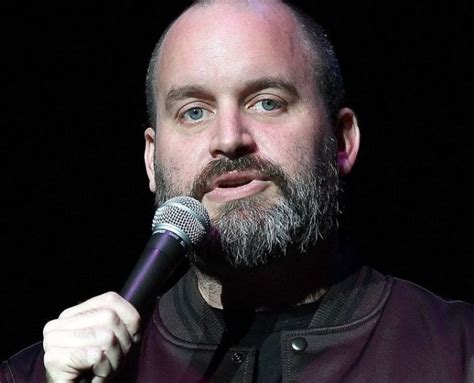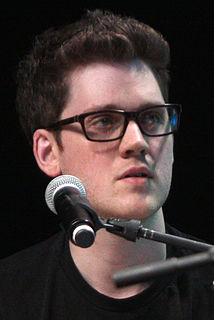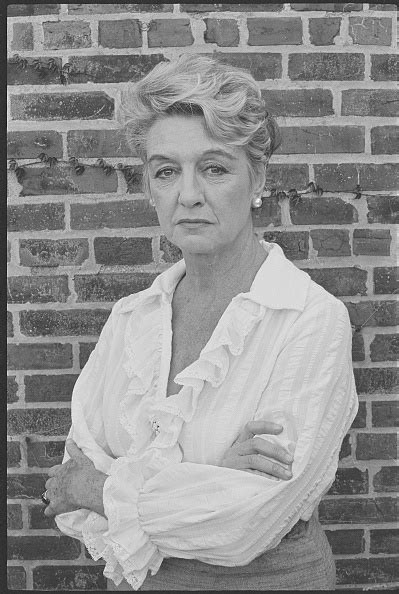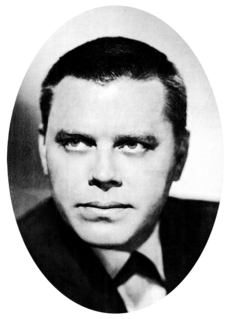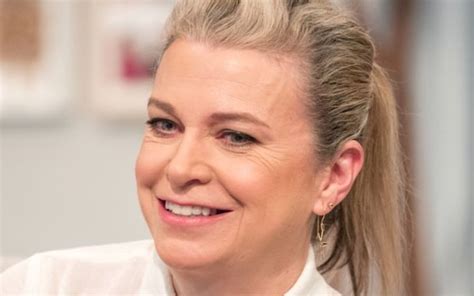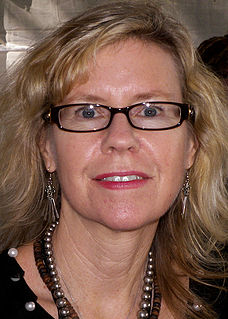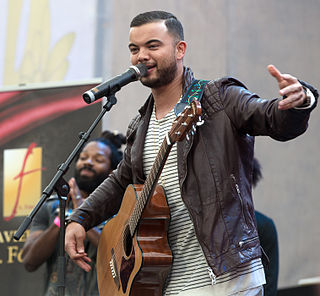A Quote by Joshua Bell
When I hear people clapping at the wrong times, I think that's great. We have got a listener that's not used to going to - we have got a new listener.
Related Quotes
I think, to be a great conversationalist, you need to be interested in being in said conversation. Oddly enough, I think you need to be a great listener, and I do think I'm a good listener. I think that's my asset - I always listen to people when I talk to them, and that's a big thing you have to have in life and in podcasts.
Writing original songs is much, much harder (I think) because you only have yourself to conjure up EVERY single moment a listener is going to hear. It's a craft that goes directly from your brain to their ears. You can never be sure that what you're writing is gonna be good enough to keep a listener engaged and truly experience something. It's a shot in the dark.
The best thing I could say is you do have to be a really good listener. If I go to a family reunion, and there's 400 people there, everybody comes up and tells me their stories, right? And I think that when you're a good listener, and you can imagine how someone's talking, dialogue is your key friend, is it not?

